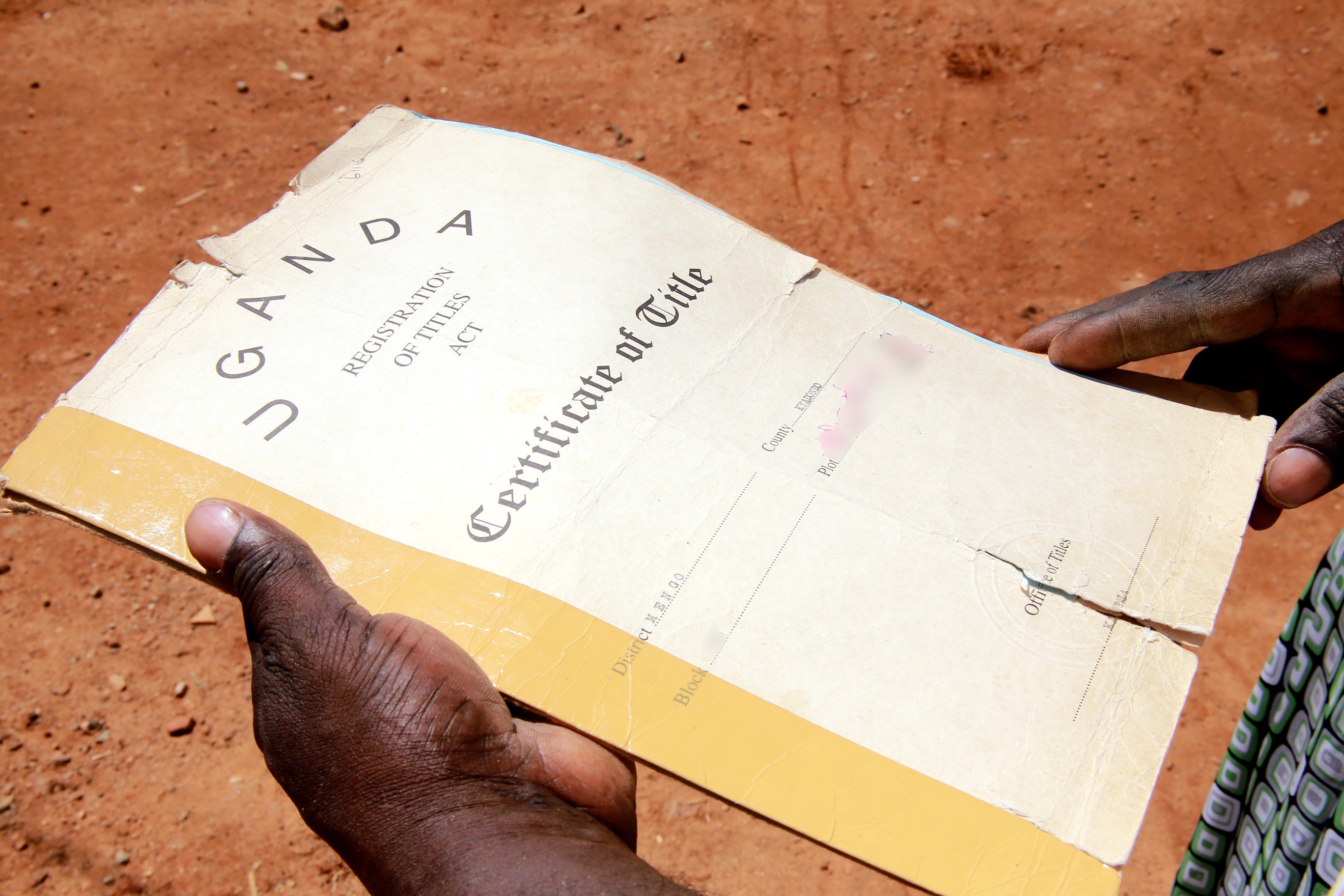How to end perennial cholera outbreaks in Kampala slums

Ms Kusemererwa is a project officer, Kampala Slum Development Project with Joy for Children Uganda.
What you need to know:
Preventive methods. It is important that both KCCA and the central government devise permanent preventive methods to eliminate the recurrence of cholera outbreaks.
Kampala City has contended with recurring cholera outbreaks for several years that it has almost become a “norm.” This explains why the counter measures devised by authorities against such outbreaks are always largely to contain the spread of the disease rather than prevent it.
Yet Cholera as a disease and its spread is simply a hygiene issue like use of clean water for cooking and washing, treated or boiled drinking water, use of latrines, proper hygiene in homes and local commercial food places and proper disposal of wastes. With such simple practices employed, Kampala Capital City Authority (KCCA) and the line ministries can eliminate cholera completely.
The recent outbreak of cholera mostly in some city suburbs is mainly due to improper waste disposal and water contaminated with faecal content as the leading cause of cholera bacterium spread. However, in all Kampala slums, the situation is far worse. The common denominator of all slums around Kampala are the open drainage channels littered with wastes ranging from domestic, industrial and human wastes. When the rains sweep in, running water carries all kind of wastes and dumps them in open drainages causing a massive blockage and hence flooding.
Sadly, water carrying cholera bacterium floods homes of slum dwellers and opens wells, consequently contaminating foods and the available cheap water sources for the community.
Since 2002, a perennial sequence of cholera outbreaks has been reported in Kampala and some other areas of the country. This is usually after a heavy downpower or during the rainy season.
In 2018, four occurrences of cholera were reported with an average of 1,200 people with the disease symptoms treated. Out of these number, 85 per cent were from slums of Katanga, Bwaise and such other places. Treatment of aggravated cases of cholera is costly with a single dose estimated at more than Shs15,000, exclusive of feeding and related costs. This is why authorities must contend with the problem at source.
In my work as a social community worker, I have observed a pattern of worrying situations in most of these slums that should be a concern for authorities. Most of the slums are highly populated, have poor hygiene practices, poor disposal of domestic and human wastes and high consumption of untreated water.
Most households have no toilets and the common practice is to defecate in polythene bags and dump the contents in open trenches and flooding waters that do not move. Some people with a keen eye for quick money have built toilets for pay in these slums yet a charge of Shs100 per use is not affordable for many slum dwellers who survive on petty jobs and handouts.
In the slums of Kivulu, Mulimira, Triangle Zone and Bwaise where Joy for Children Uganda works, we initiated community clean ups where we moblise residents to communally engage in cleaning their areas to avoid spread of diseases. However, the lack of garbage dumping sites in these communities has rendered this otherwise good communal practice almost useless. Most of these slum dwellers cannot afford the charges of garbage collecting firms.
KCCA should seriously consider building free community toilets for at least five to 15 households in the slum communities. This initiative would reduce disposal of human wastes in the environment or water bodies by more than 90 per cent, thereby greatly mitigating human waste from the chain of transmitting the bacteria.
The problem of sanitation must also be addressed, especially open sewers, open wells and flood waters. Trenches and open wells should be unclogged so that flooded waters can flow. There is also need to establish community garbage dumping sites that are regularly emptied to promote household and community clean ups and eliminate breeding grounds for diseases.
KCCA can also help slum communities access safe water sources by establishing community water points where dwellers can collect safe water for both domestic use and businesses such as restaurants to reduce consumption of contaminated water from dirty sources that most slum dwellers resort to for daily use.
It is important that both KCCA and the central government devise permanent preventive methods to eliminate the recurrence of cholera outbreaks in Kampala every year. The cost of these outbreaks to human life and the economy generally is high and, therefore, should be a priority on government to do list.
Ms Kusemererwa is a project officer, Kampala Slum Development Project with Joy for Children Uganda.
[email protected].




